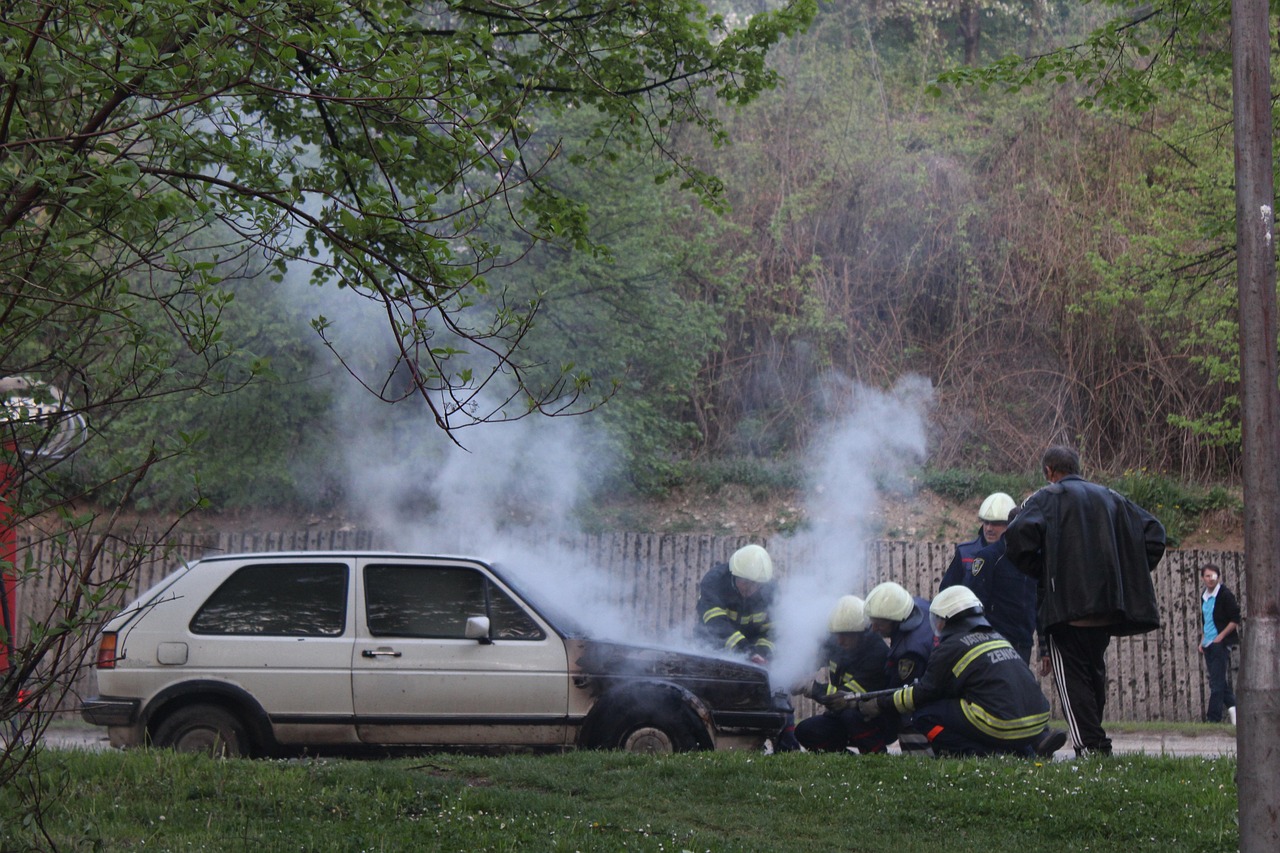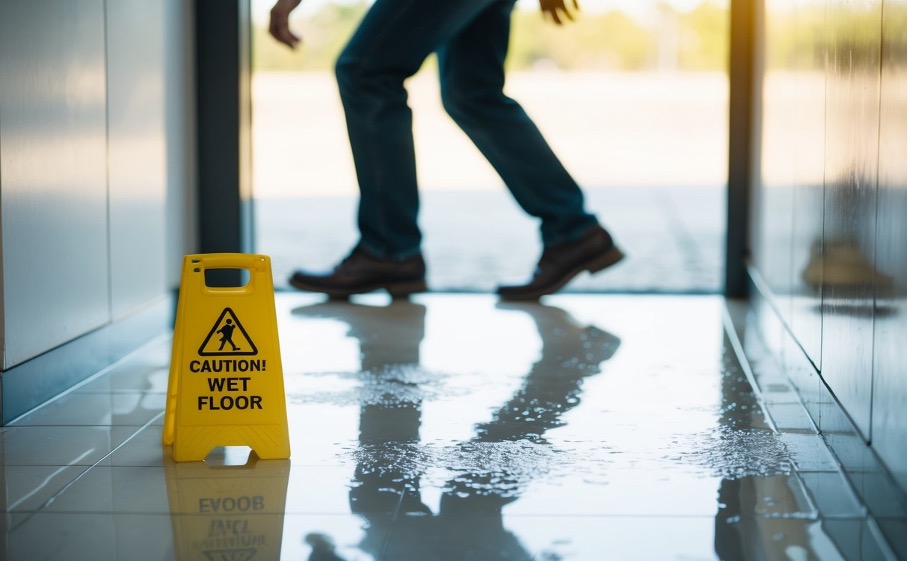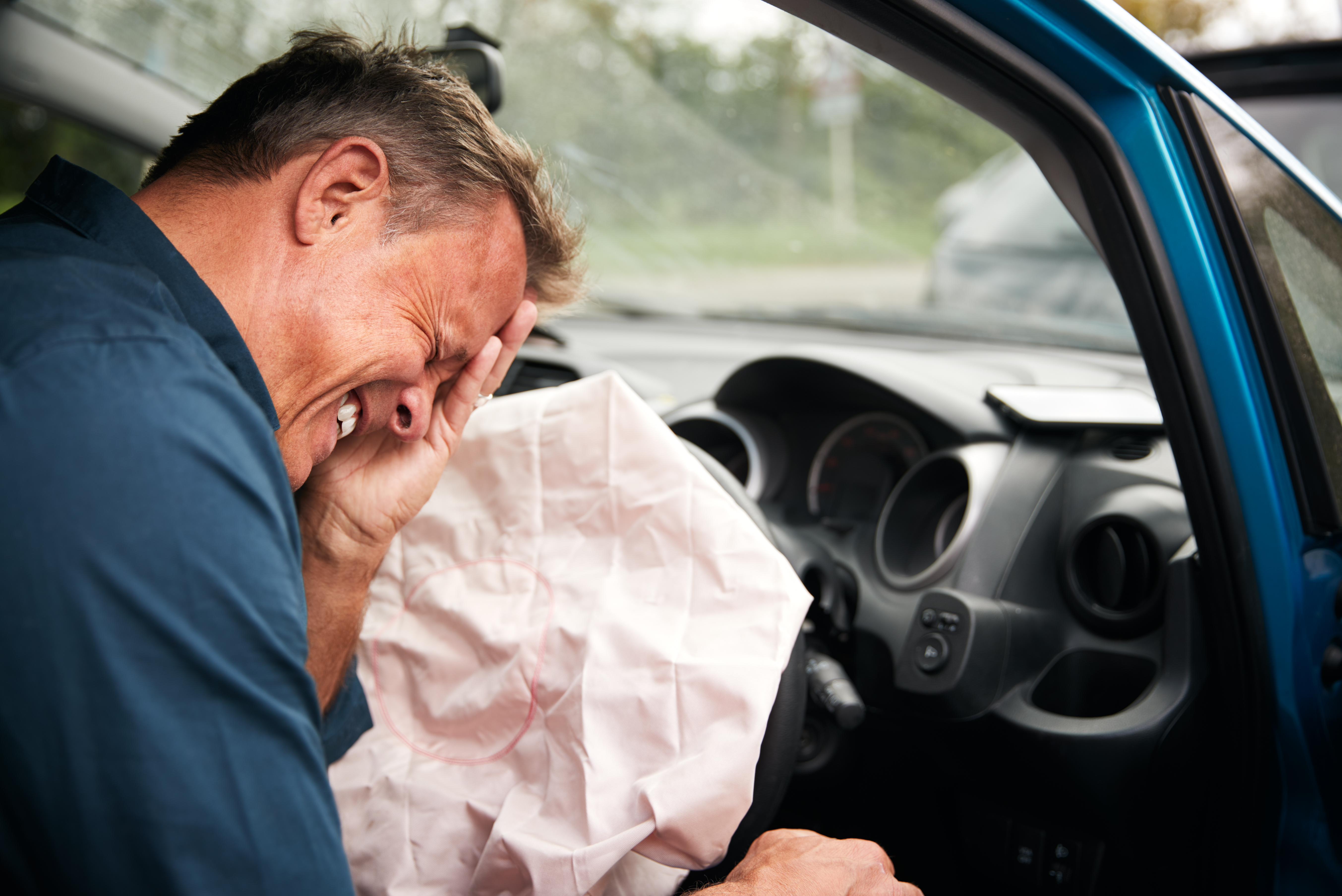Now Reading: How Radiator Cap Failures Can Cause Overheating In Modern Vehicles
-
01
How Radiator Cap Failures Can Cause Overheating In Modern Vehicles

How Radiator Cap Failures Can Cause Overheating In Modern Vehicles
Your engine runs hot, but it shouldn’t boil over. While many drivers focus on things like coolant levels or thermostat issues, few consider the radiator cap. This small but crucial part plays a significant role in maintaining engine temperature. If you’ve experienced overheating after a crash, a vehicle injury law firm may help assess potential liability tied to mechanical failure.
What Does The Radiator Cap Actually Do?
The radiator cap isn’t just a lid; it’s a crucial component. It’s a pressure-release valve designed to control the flow of coolant. This helps regulate engine temperature by maintaining the system’s pressure.
When the engine heats up, the coolant expands. The cap maintains stable pressure, allowing coolant to circulate between the radiator and the overflow reservoir. If this cap fails, the pressure system breaks down.
Without the right pressure, coolant can boil at a lower temperature. This can lead to overheating, even if your coolant level appears to be full.
Why Pressure Matters In Cooling Systems
Modern engines are designed to operate under high pressure. The radiator cap usually maintains between 13 and 16 psi (pounds per square inch). This pressurization raises the boiling point of the coolant, allowing it to circulate properly.
If pressure drops, coolant may start to evaporate or bubble. That creates air pockets, which disrupt flow and reduce cooling efficiency. In short, poor pressure equals poor performance.
A failed radiator cap might not hold pressure or might release it too early. Either case causes the cooling system to work harder—or stop working altogether.
Signs Of A Failing Radiator Cap
Several signs indicate your radiator cap may be failing. One common symptom is overheating, even with plenty of coolant in the system. Another is coolant overflow or leakage near the reservoir.
You may also notice collapsed radiator hoses. This happens when a vacuum forms and the cap can’t release pressure properly. Strange gurgling or bubbling noises after the engine shuts off can also be a warning sign.
Sometimes, the cap looks fine on the outside. But the internal spring or rubber seal may be worn or damaged. A professional pressure test can quickly confirm if the cap is faulty.
How A Bad Radiator Cap Leads To Overheating
When the cap can’t seal or hold the proper pressure, the coolant may escape into the overflow tank and not return. This results in a lower coolant level in the engine. Less coolant means less heat absorption.
At the same time, lower pressure reduces the boiling point of the coolant. Once coolant starts boiling, it turns into vapor and can’t cool the engine effectively. That leads to rising temperatures and eventually overheating.
An overheated engine can suffer major damage. Warped cylinder heads, blown head gaskets, and cracked blocks are expensive consequences of a simple cap failure.
Preventing Radiator Cap-Related Overheating
The good news? Radiator caps are cheap and easy to replace. In fact, they’re one of the most affordable parts in your engine bay. Replacing them as part of routine maintenance can prevent overheating problems.
Check the radiator cap during regular service intervals. Make sure it seals tightly and shows no signs of wear. If your car overheats without an apparent reason, the cap should be tested or replaced.
Stick to the correct pressure rating for your vehicle. Using a cap with the wrong rating can lead to system failure. When in doubt, refer to your owner’s manual or ask a mechanic for guidance.
When To Seek Mechanical Or Legal Help
If your car continues to overheat, it may be time for a professional inspection. Technicians can pressure-test the entire cooling system to find leaks or weak components. Don’t ignore the issue, as continued overheating can lead to serious engine damage.
In some cases, overheating could result from poor maintenance or faulty parts after a crash. If a previous repair was performed improperly or involved low-quality components, it could lead to issues later on. That’s when contacting a vehicle injury law firm might be worth considering.
No one expects a small cap to cause a big problem. However, in modern vehicles, even the smallest failure can have significant and costly effects.
Conclusion
Radiator cap failures are a minor issue that can cause significant trouble. Overheating often starts with this overlooked component. If damage or injury results from mechanical failure, a vehicle injury law firm can help assess your options. Routine checks and inexpensive replacements go a long way. Don’t let a $10 part ruin your engine. Stay ahead of the problem before it overheats your day.










